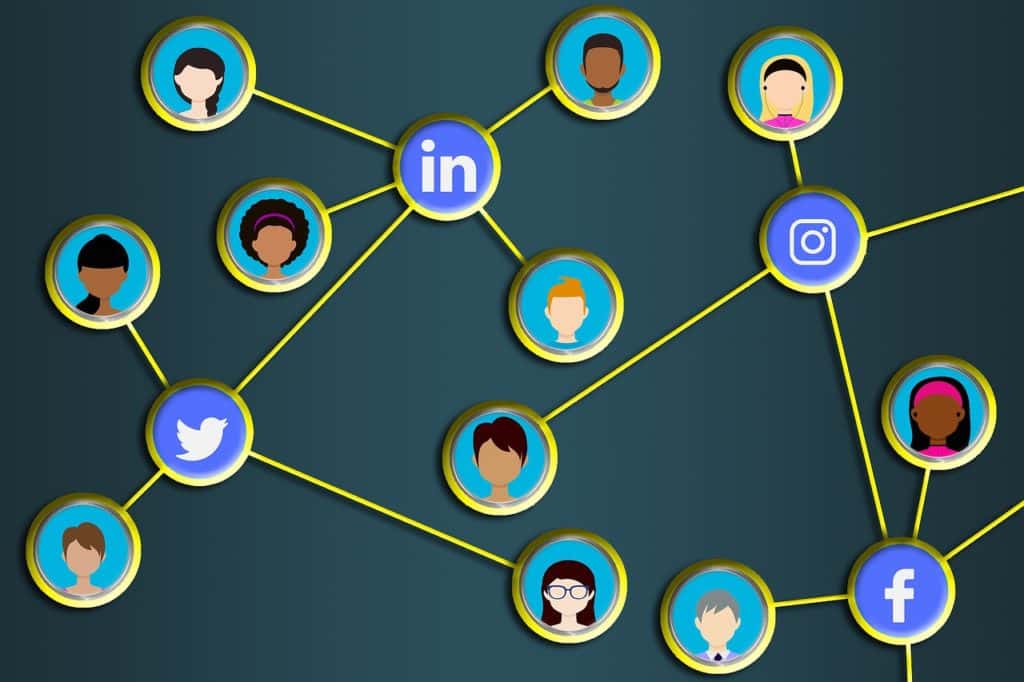Not since the great recession of 2008 have we seen the job market and economy backslide quite like now. COVID-19 swept the nation, upended regularly scheduled programming, leading to pay cuts and layoffs that impacted even the most competent of employees.
Whether you’re a new grad or seasoned professional, part of adjusting — and thriving — in this “new normal” is positioning yourself as solid hire in the post-COVID job market. These career experts shared their foolproof tips to give you a competitive edge in your search.
Know Your Value
Knowing your value is key to cutting through the fluff and ensuring your content leaves a positive and memorable mark on these hiring managers and recruiters. Show them you offer this value that they can use in this open requisition. Why is it open? What pains do they have because it’s open? Once you can hone in on that, you can start to massage in key-value- and accomplishments-based content that make your resume pop and motivate these decision-makers to invite you in on an interview.
Most people have skills and experience that can transfer nicely to another industry or job, the key is knowing how those skills reasonably transfer, and what sort of value they bring to the prospective employer. Some common skills that immediately come to mind are:
Cross-Functional Communications — For example, each day you talk with different people of different socio and economic backgrounds.
Data Analysis — For example, each day you look at different options to consider which should be prioritized, not knowing that subconsciously you’re sorting data to determine value.
Document Control — For example, each day you control your messaging, both physical (mail) or digital (social media, email), as well including where to put email attachments and stored information.
Strategic Planning — For example, each day you strategically plan out both short- and long-term goals to drive personal and professional productivity.
—Matthew Warzel, CPRW, President of MJW Career
Hone Your Personal Brand
“A personal brand is the creation of a focused, authentic and consistent perception of how you will add value, who you serve and why you’re unique. I recommend that every job seeker get very clear on what their ideal goal is before they start looking for a job in any environment, but especially in the time of COVID because the job market is so disrupted. With so many layoffs, there is more and more competition for job openings and in order to gain notice, it will be very important to be crystal clear about how you can uniquely add value for the roles you’re applying for. The better you can align your strengths, knowledge and experience with what is required for a role, the higher your chances of success.
Some of the most important aspects of building a personal brand are focusing on:
Authenticity—What’s important to you? It can be helpful to do a values assessment to gain clarity on the relative importance of your values.
Experience that supports your brand—How can you position the things you’ve done to support your vision for your career? (Think about work experience, classwork and volunteer work).
Use your brand as a lens—When evaluating opportunities consider whether it fits with your personal brand and the story you’d like to tell about yourself. For example, you may choose to take a role at a lower salary if the values of the company align more closely with your own values than a role that pays more that doesn’t.
—Terry McDougall, CEO/Career Coach at Terry B. McDougall Coaching and author of Winning the Game of Work: Career Happiness and Success on Your Own Terms
Use Linkedin To Your Advantage
“Recruiters are looking for candidates on Linkedin. Linkedin is your best chance to be found by a headhunter, and it’s the most up-to-date place when it comes to open positions. If you are not on Linkedin, your chances of being contacted are slim to none.
My best tip would be to do your research when it comes to keywords. Read 10-15 job descriptions you think you are a good match for. Identify the keywords and skills showcased and make sure your profile includes them. It works because it feeds the algorithm, securing you a better ranking in the recruiter’s search results. From a job search point of view, the most important thing is to have a polished profile, and it should be recent. Always add, remove items on your profile, as more recent profiles get better ranking.
—Gabor Fogarasi, Linkedin Expert
Define Your Goals
Define success for yourself. Get out a piece of paper and make two columns: “Personal” on the left and “Business” on the right. Usually, there aren’t more than 3-5 bullet points under each column. It’s not a to-do list, it’s a vision of your next chunk of time. Filter out the noise of what others want for you and hone in on your own authentic self, your own dreams and desires and then break that down into baby steps.
The norm is that developing a career takes time, so don’t get discouraged if you can’t get your dream job or role immediately. There is so much to be gained from the various steps along the climb. If the job you want doesn’t exist, create it. If you can create it, then you most likely are where you need to be.
Finally, the number one thing job seekers can affect immediately is their attitude, so bringing your unique brand of you to the interview process. Shift first level listening to second level, which focuses on the meaning of the conversation for the other person. When you show that you can listen at higher levels, you exhibit a workplace competency that is expensive to develop through training.
—Katherine King, Founder and CEO of Invisible Culture, and the inventor of the Intelligence Quotient (IIQ) training method
Nail The Interview
In a COVID-19 and socially distanced world, virtually all interviews now happen by phone, FaceTime, Skype or Zoom. This applies to both the initial conversation all the way up to and including getting an offer. Here’s my number one tip to rock this process:
Prepare for your phone interview as you would for a traditional in-person interview. Have your pitch ready and perfect, anticipate the tough interview questions and expect the unexpected like being pressed to provide compensation details. That’s the new normal. They don’t want to invest any unnecessary time or expense in cultivating a candidate if there is a gap in expectations; either yours or theirs. A phone interview also makes it easier for them to end the discussion if there is a lack of interest. The benefits: You can refer to your notes. Have them spread out and easy to access. Review them thoroughly to re-acquaint yourself with key themes and ideas and be sure you can read your handwriting. You can take notes, too. That’s great for sending an impressive follow-up.
—Roy Cohen, Career Counselor & Executive Coach, Author of The Wall Street Professional’s Survival Guide
Foster Connections
I am a big fan of networking. Networking may sound old fashioned in these high tech days but it still works. Most of my business comes from networking. My rule is that you should network in person during the business day and do it online after hours. People do business with people they know, like and trust so you have to get out there to build your reputation online and off. Prospective customers and jobs can come from anyone anywhere anytime so you should always be on your best behavior and make a great lasting impression.
I also recommend finding mentors. I have had great mentors and champions throughout my career. In my corporate life, I had bosses, senior women or alums from my alma maters who took me under their wings to help me advance and show me the ropes. Good people tend to travel together personally and professionally so finding smart and generous people who can connect you to other like-minded people who give more than take and share their wisdom always leads to great opportunities and adventures in my experience.
—Paige Arnof-Fenn, Founder & CEO Mavens & Moguls




































